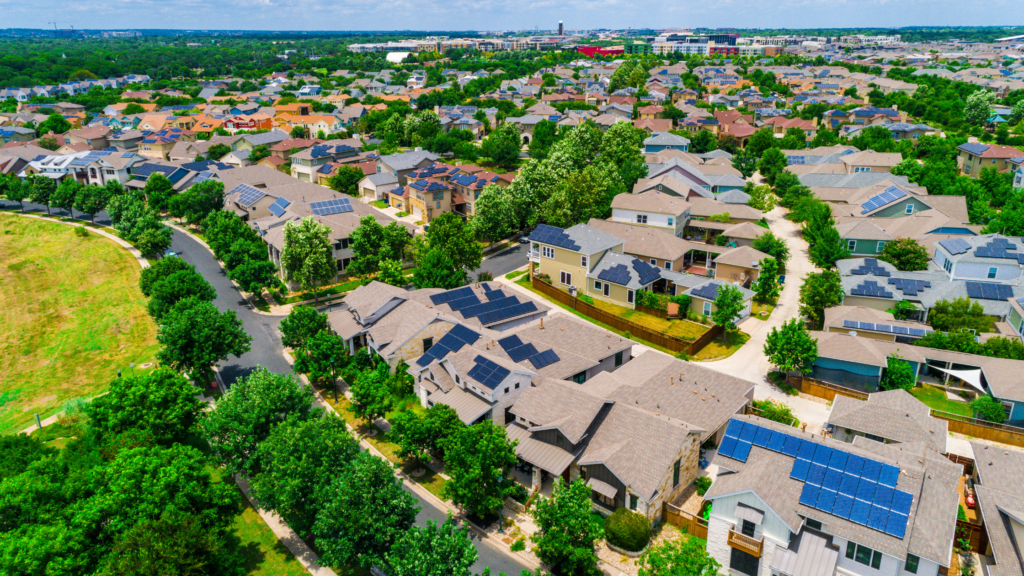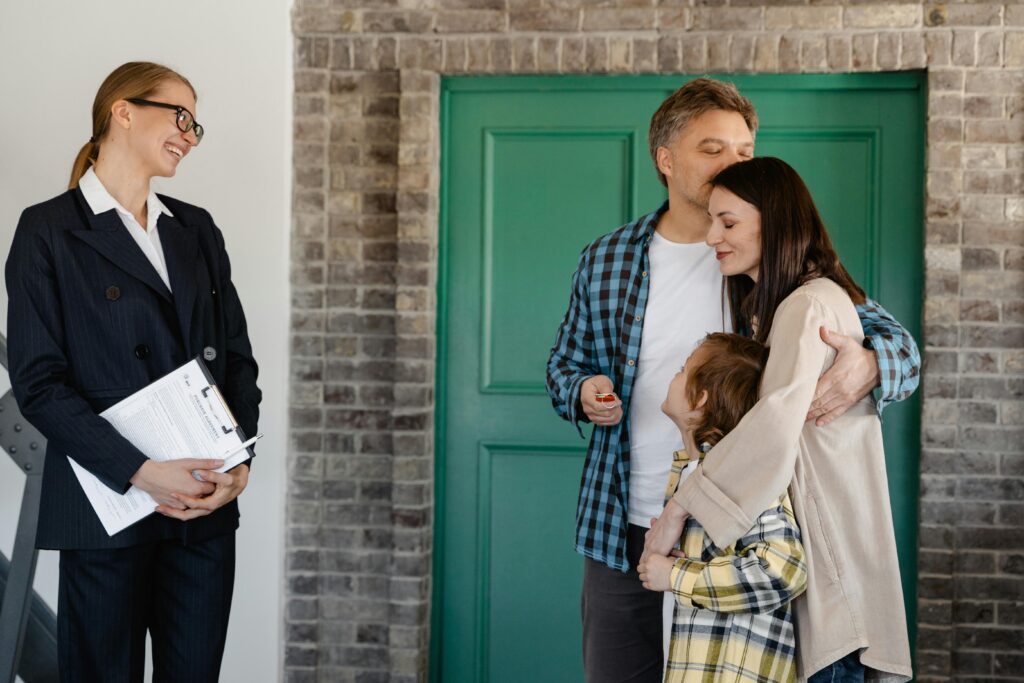At Bottom Billion Corporation, we understand the challenges faced by those struggling with poverty and homelessness. Access to safe and affordable housing is a fundamental right, and its absence creates a ripple effect that can trap individuals and families in a cycle of hardship. Today, we’d like to explore a promising approach to tackling homelessness: Housing First.
The Housing First Philosophy
For decades, the dominant approach to homelessness focused on requiring individuals to meet certain conditions – such as sobriety or participation in treatment programs – before accessing housing. However, Housing First challenges this model. It prioritizes providing permanent, supportive housing as the first step towards recovery.
The philosophy behind Housing First is simple yet profound: everyone deserves a safe place to call home. Housing provides a sense of stability, security, and privacy – essential elements for addressing underlying issues like mental health challenges, addiction, or unemployment. With a roof over their heads, individuals can focus on self-improvement, rebuild their lives, and contribute positively to their communities.
The Housing First approach hinges on a set of core principles that redefine the way we address homelessness.
- Housing as a Right: This principle moves beyond viewing housing as a reward for completing programs or meeting specific criteria. It emphasizes that safe and secure housing is a fundamental human right, essential for a life of dignity and opportunity. Having a stable home provides a base from which individuals can address challenges like mental health issues, addiction, or unemployment. It reduces stress and anxiety, allowing them to focus on getting the help they need and making positive changes in their lives.
- Harm Reduction: Stable housing offers a platform for individuals to prioritize their health and well-being. Imagine constantly moving from place to place or sleeping on the streets. This constant state of instability makes it extremely difficult to focus on self-care, manage health conditions, or access necessary healthcare services. Housing First programs recognize this and aim to reduce harm by providing a safe and secure environment. This allows individuals to focus on getting the support they need for mental health challenges, substance use disorders, or chronic illnesses.
- Client-Centered: Housing First programs prioritize a collaborative approach with participants. They respect the autonomy and choices of individuals experiencing homelessness. This empowers individuals to take ownership of their recovery process and make decisions that best suit their needs. Housing First programs work alongside participants to develop individualized support plans, ensuring the services provided are truly beneficial and empowering.
- Low-Barrier Entry: Unlike traditional models that require participants to meet specific requirements before accessing housing, Housing First programs have minimal barriers to entry. This can include eliminating mandatory sobriety requirements or lengthy program completion hurdles. The goal is to get individuals housed quickly, providing the stability they need to address other challenges at their own pace. This lowers the threshold for access, ensuring more people experiencing homelessness can benefit from permanent housing and the support services that come with it.
The Effectiveness of Housing First



Research consistently demonstrates the effectiveness of Housing First in addressing homelessness:
- Sustainable Housing Outcomes: Housing First programs boast a significantly higher success rate in keeping individuals housed compared to traditional approaches. Studies have shown that participants in Housing First programs are far more likely to remain stably housed after one year, and these positive outcomes often extend for several years. This is because Housing First prioritizes providing permanent housing, not temporary solutions, creating a foundation for long-term stability.
- Improved Health and Well-being: The impact of Housing First extends far beyond simply providing a roof over someone’s head. Stable housing leads to demonstrably better physical and mental health outcomes for participants. With a safe and secure space to live, individuals can prioritize their health. They are more likely to engage in preventative care, manage chronic conditions effectively, and access necessary mental health services. Reduced stress, improved sleep patterns, and a sense of security all contribute to a significant improvement in overall well-being.
- Reduced Reliance on Emergency Services: Chronic homelessness often leads to a higher utilization of emergency services like shelters and hospitals. Individuals experiencing homelessness may require medical attention for untreated health issues or injuries sustained while living on the streets. Housing First programs effectively break this cycle by providing stable housing, which reduces the need for emergency shelter and lowers the strain on already overburdened healthcare systems. Studies have shown a significant decrease in emergency room visits and hospitalizations among participants in Housing First programs.
- Boosting Economic Opportunities: Stable housing is a cornerstone for economic mobility. When individuals have a safe and secure place to live, they can focus on job training, education, and securing employment opportunities. Housing First removes the constant worry about finding shelter, allowing participants to invest their energy in building their careers and achieving financial stability. This, in turn, fosters self-sufficiency and contributes positively to the local economy.
- Cost-Effectiveness in the Long Run: While the initial investment in Housing First programs may appear significant, research consistently shows their cost-effectiveness in the long term. By reducing reliance on emergency services, promoting long-term housing stability, and facilitating economic mobility, Housing First programs can generate significant cost savings for communities. The financial burden of managing chronic homelessness through shelters and emergency services is significantly reduced, allowing resources to be allocated towards other valuable social programs.
Examples of Housing First in Action
Housing First programs are successfully implemented around the world, demonstrating their adaptability and impact across diverse contexts. Here are a few inspiring examples:
- Pathways Housing First (New York City): This program has significantly reduced chronic homelessness in New York City. They provide ongoing support services, demonstrating the success of combining housing with tailored assistance.
- Housing First Finland: This national initiative has dramatically reduced homelessness in Finland. They emphasize harm reduction and respect for individual needs, highlighting the importance of a client-centered approach.
- United States Interagency Council on Homelessness: This federal agency promotes Housing First initiatives across the United States, providing resources and guidance for implementation.
How Bottom Billion Corporation Can Contribute
At Bottom Billion Corporation, empowering individuals and communities to reach their full potential is at the heart of everything we do. We see affordable housing solutions and the Housing First approach as key drivers of this mission. Our commitment translates into tangible action through several avenues. We actively raise awareness about the challenges of homelessness and champion the effectiveness of Housing First initiatives.
Furthermore, we contribute financially to support existing programs and the development of new ones. We believe in the power of collaboration and strive to work hand-in-hand with government agencies, non-profit organizations, and the private sector to create a robust ecosystem that fosters affordable housing solutions. Innovation is also a core value, and we actively explore and invest in cutting-edge approaches like modular housing construction or community land trusts to further expand access to affordable housing. By taking action across these areas, we can make a significant contribution to building a future where everyone has a safe and secure place to call home.



